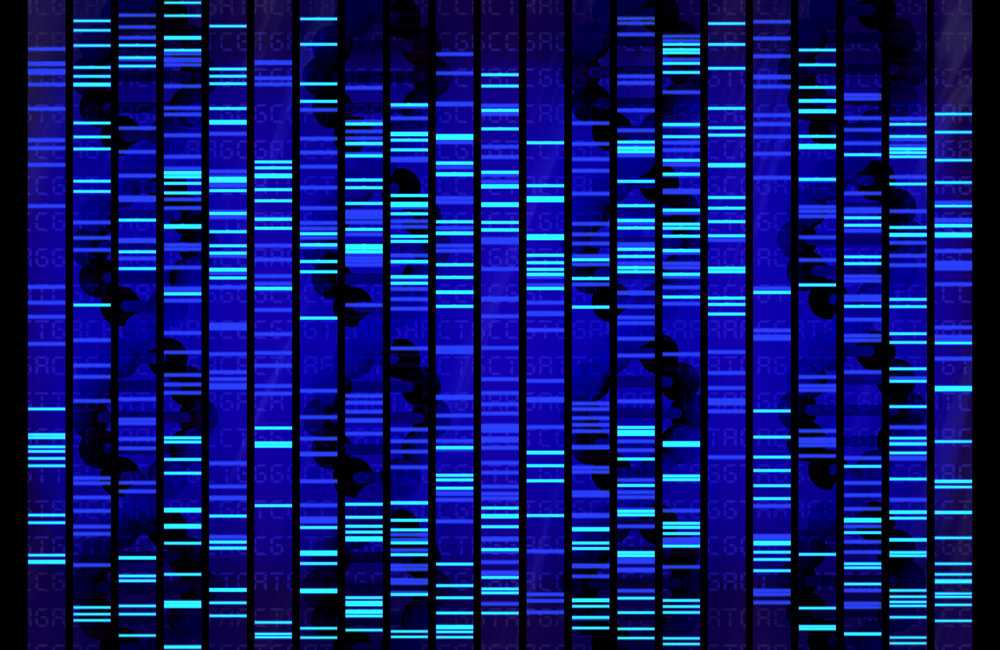 Researchers from the National Institute of Allergy and Infectious Diseases (NIAID), in collaboration with the Albert Einstein College of Medicine of Yeshiva University, are currently recruiting patients with Job’s Syndrome (also called “Hyper IgE Syndromes”) for a clinical trial (ClinicalTrials.gov Identifier: NCT00006150).
Researchers from the National Institute of Allergy and Infectious Diseases (NIAID), in collaboration with the Albert Einstein College of Medicine of Yeshiva University, are currently recruiting patients with Job’s Syndrome (also called “Hyper IgE Syndromes”) for a clinical trial (ClinicalTrials.gov Identifier: NCT00006150).
The Hyper IgE Syndromes (HIES) are immunodeficiencies that cause eczema and recurrent skin and lung infections. Evidence has shown that the autosomal dominant Hyper IgE syndrome (AD-HIES; Job’s syndrome) is mainly caused by STAT3 mutations, and that the condition is multi-systemic, involving skeletal, vascular, and connective tissue manifestations. Moreover, the researchers are looking at mutations in DOCK8, which have been found to cause autosomal recessive HIES.
Since the condition’s pathogenesis remains unclear, the study, entitled “Natural History, Management, and Genetics of the Hyperimmunoglobulin E Recurrent Infection Syndrome,” led by Alexandra Freeman, M.D from the National Institute of Allergy and Infectious Diseases (NIAID), is aiming to recruit 500 patients (200 patients and 300 relatives) to help find some answers. The study was first launched in August 2000. Participants are going to be evaluated longitudinally to understand and characterize HIES and to identify further genetic etiologies.
Participants must have a diagnosis of or suspected Hyper IgE syndrome, and can be of any age. Family members and patients referred for other immune syndromes that demonstrate some of the characteristics of HIES may also be examined.
[adrotate group=”3″]
All patients will be genetically tested. Selected Hyper IgE family members will have EBV cell lines made, and all will receive a genetics-oriented physical examination with close examination of their palates, hyper-extensibility, and other clinical features. If after this assessment the results show abnormalities related to Hyper IgE syndrome, further assessments with chest X-ray or CT scan, spine films, dental evaluation, dermatology consult, and other consults will be conducted. For the recessive forms of HIES, such as DOCK8 deficiency and PGM3 deficiency, family members may be evaluated as possible donors if a hematopoietic stem cell transplant is necessary.
Pregnant women cannot take part in this study. Moreover, patients that have contraindication to IV contrast media, cannot perform coronary CT angiography.
More information about the study, and how you can enroll can be found in the U.S. Clinical Trials website at https://clinicaltrials.gov/ct2/show/NCT00006150.

